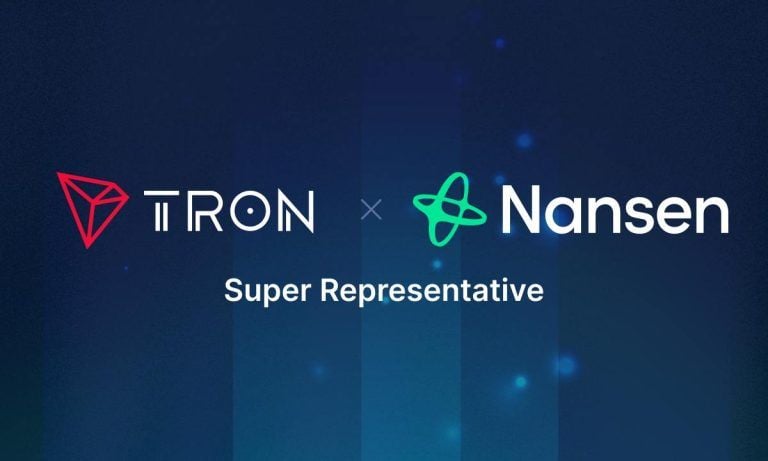
RWA industry still faces regulatory and infrastructure challenges, says eSync executive
Share this article
The tokenized US Treasuries market surpassed the $1.5 billion market on June 4th and serves as an important metric on how tokenization of real-world assets (RWA) is growing as an industry. Nevertheless, this market is still distant from its traditional counterpart, as the US government sold a record $23 trillion in Treasuries last year, as reported by the Wall Street Journal.
For Sally Meouche-Ghrawi, an executive from the RWA-focused infrastructure eSync Network, the relatively small size of the tokenization industry can be tied to the infrastructure and regulatory landscape.
“There are many risks when it comes to real-world asset tokenization, and these risks are usually off-chain. The digitalization process is fairly straightforward, what comes before that is more questionable, which is the off-chain formalization,” she explained. “This is affected by factors such as the legal framework, the different market prices, and the historical performances of assets.”
Additionally, the process of onboarding institutional investors in RWA tokenization hits a wall when it comes to proper infrastructure to adequately support them. Although Sally highlighted that significant developments have been made in the RWA industry, such as interoperability solutions developed by Chainlink and Axelar, those services still have their issues when it comes to onboarding different institutions.
“First it’s because of trust issues, and then it’s because of understanding. And then how do you provide the proper infrastructure and security within a specific legal and regulatory framework to maneuver this? So there are a lot of moving parts when it comes to the RWA tokenization process. And this needs time, I guess, for the markets to mature, but also for the technology and the infrastructure to be more favorable.”
Onboarding regular Joes and Janes
The RWA industry has seen the entrance of significant traditional institutions, such as Franklin Templeton and, more recently, the largest asset manager in the world BlackRock. This makes the market competitive and challenging for new projects.
However, Sally stated that eSync is not looking to compete with those goliaths since they are not focused on onboarding decentralized finance and Web3-experienced users, even though they are a desirable audience.
“I think that the RWA market itself is quite big enough, and it’s going to only grow further and further within the coming months and years. When it comes to what we’re doing, I would say that we’re focusing on specific niche use cases and we are focusing on a specific target audience. When it comes to the specific target audience we are targeting, I’m talking about the average Joes and Janes out there.”
Therefore, eSync’s efforts are directed to democratize access to investments and provide regular users with passive income. “We’re talking about the regular people that have $200 per se per month that they can allocate to specific investments.”
Share this article
Go to Source
Author: Gino Matos





